Great opera singers of the world come to Hungary regularly. Mostly to Budapest, but sometimes also to the Szeged Open-Air Festival or the Miskolc Opera Festival. In the capital, their preferred venue used to be the State Opera or the Erkel Theatre, but nowadays it is rather the Müpa. Mario del Monaco, Tito Gobbi or Giulietta Simionato used to come for several days to sing 2-3 roles. But these days, in a running and expensive world, most of them only come for one night. One concert, one aria evening is less fuss for more profit.
Müpa can make the best of this, and its brilliant acoustics are pretty attractive for opera singers. This is how, just to name a few, world stars like Anna Netrebko, Jonas Kaufmann or Dmitri Hvorostovsky came to Hungary. It would have been nice to see them in their iconic roles, of course, but we should not complain. It is still wonderful to experience their art on stage. Nowadays we can listen to everything online, but it is still not the same as a live event. Under the videos of the great Franco Corelli, one of the best contemporary singers, we can find many comments about how nice it sounds online but how incredibly miraculous it sounded in a concert hall.
Well, those who have been to Hvorostovsky’s 2016 concert could tell us about that.
Even the concert videos show the fully mature idea of a performance. Even the earliest recordings show that. In this sense there was not so much of a room for development. The first role I recall him in is Valentin from Faust, even though he sang bigger and more spectacular things as well; he could have played Mephisto at any time. But as he enters a London performance in a little military cap, a worn-out uniform, and while everyone is having fun in a pub, he doesn’t care about girls but worries about his sister – well, that is unforgettable. In the cadence, then, he pitches a brilliant high as which I haven’t heard from anyone else.
As a young beginner, but still blonde, he sang the great duet from La forza del destino at a concert with Pavarotti, an older man with dyed black hair, who otherwise always refused to play Alvaro on stage. Hvorostovsky sang from a sheet with glasses, stood next to the world star as if it was a usual thing, and their “fight” was amusing and wonderful. Even though he had never played Don Carlos at that point, he felt, understood and interiorised the figure completely, his expression was powerful even in a tailcoat.
His career started with a first prize at the Cardiff Singer Of The World competition in 1989, with local star Bryn Terfel as the runner-up. Both pursued a great career, and it is irrelevant to ask who did more. Hvorostovsky had the advantage, however, that Russian opera literature is more significant than the British, so Onegin, the two baritones from The Queen of Spades, Prince Igor, or Shaklovity from Khovanshchina were fitting tasks for him. Many fellow Russians played Russian figures in operas all around the world, including Yuri Mazurok or Vladimir Chernov, but none of them became as successful as Hvorostovsky.
His 2016 concert in the Müpa consisted of Russian composers’ music (first part), followed by Italian and French composers (second part). In some cases, he only sang an aria without ever playing the full role, such as William Tell’s aria by Rossini, or Aleko’s lovely cavatina by Rachmaninoff. And he also included his iconic roles, such as Renato from Un ballo in maschera, Count di Luna from Il trovatore, or the ‘Cortigiani’ from Rigoletto.
He sang through a complicated and long programme with full strength. He was already diagnosed with brain cancer at that point, but his return to the stage implied he battled it already. He was Luna again in the Metropolitan, with a huge applause, and he played and sang without issues – seemingly. But then he had to cancel some shows, and despite the heroic fight of the best cancer specialists of London, his health deteriorated quickly. One last time he got back to the stage of the Metropolitan in spring 2017, playing Rigoletto again, almost unable to move, but with an amazing voice. His exhausted eyes were sparkling again when the intro music started to play. As if he was fighting not with the evil courtiers but his own unjust fate. Audience sent him so much love that night.
He died in November 2017 and was buried in Moscow. Dmitri Hvorostovsky lived 55 years, with around 30 constantly on stage. His legacy consists of many albums and videos. We can still watch the imprint of his art, helping us remember how it was to hear him live.
Commemoration with the broadcast by Müpa Home on 18th December 7:30-9:45 PM.
Article: Tamás Márok
Translation: Zsófia Hacsek

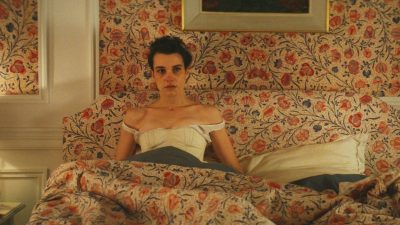
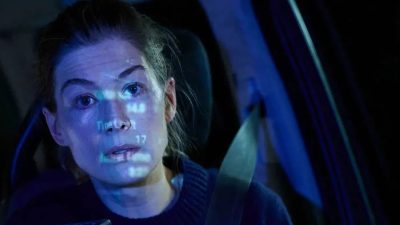
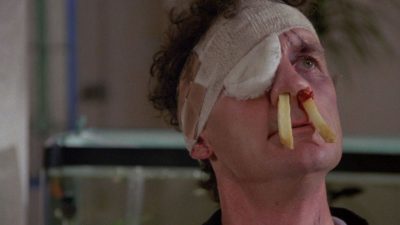















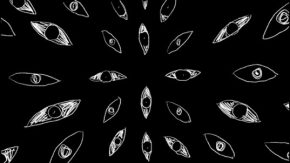
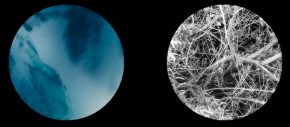
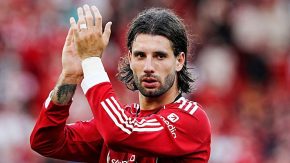
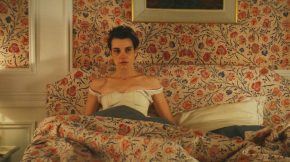
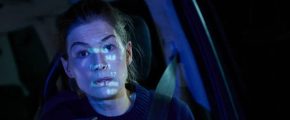
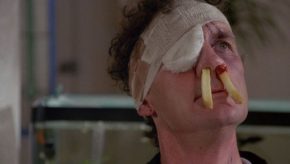
Comments